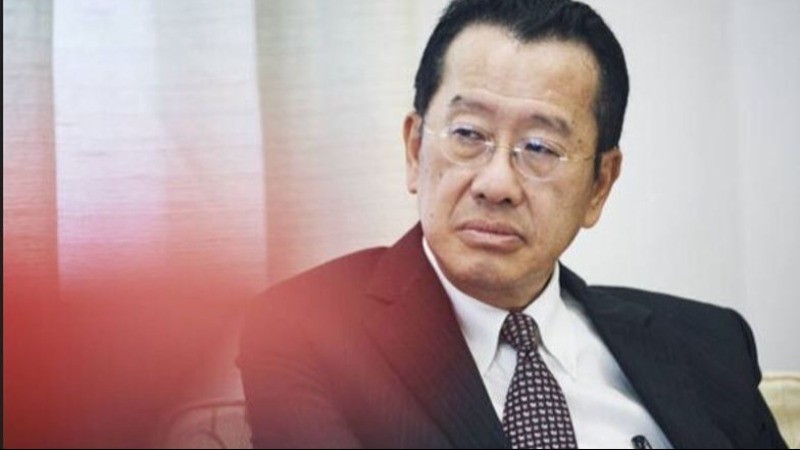
Taiwan's Defense Minister Wellington Koo warned on Wednesday that a Chinese blockade of Taiwan would be viewed as an act of war, posing significant risks to global trade. During the ongoing "Joint Sword-2024B" military exercises, China practiced blockading vital ports and targeting maritime and ground locations.
Koo clarified that although the exercises defined specific operational areas, there were no designated no-fly or no-sail zones established. He said, "If a blockade is implemented, as defined by international law, it would involve preventing all aircraft and ships from entering the area, and under United Nations resolutions, this is considered a form of war." He stressed the difference between military drills and an actual blockade, especially regarding their consequences for the international community.
He further pointed out that a Chinese blockade would have a profound impact on the global economy, noting that about one-fifth of the world's freight passes through the Taiwan Strait, totaling approximately NT$78.57 trillion (USD2.45 trillion). "The international community cannot simply stand by and observe," he added.
On the same day, the Legislative Yuan's Foreign and National Defense Committee discussed possible Chinese blockade strategies, including grey zone tactics and the "python strategy." Additionally, Taiwan's agriculture ministry presented a wartime food plan to the Legislative Yuan, indicating that it has secured rice stockpiles for over three months and organized nationwide food supplies to mitigate risks of potential attacks.
Koo mentioned that the Taiwanese government is also looking into measures to ensure the safe supply of industries, infrastructure, energy independence, essential resources for daily life, food security, and medical supplies. He highlighted the daily cyber attacks Taiwan faces, underscoring the necessity to bolster information security defenses.
Since 1949, Taiwan has operated independently, but China considers it part of its territory, insisting on eventual reunification, even by force if required. Earlier this week, Taiwan President Lai Ching-te reassured the public of the government's commitment to safeguarding Taiwan's democracy and national security in light of China's extensive military drills around the island. His comments came after a high-level national security meeting in response to the announcement by the Chinese People's Liberation Army (PLA) about the "Joint Sword-2024B" exercises in the Taiwan Strait and surrounding areas, described as a "stern warning" to proponents of Taiwan independence.
Taiwan Accuses China of Launching Satellites Over Its Air Defense Zone Amid Rising Tensions
China Conducts Live-Fire Drills Opposite Taiwan Following Major Military Exercise
China Protests India’s Opening of Taipei Economic and Cultural Centre Office in Mumbai